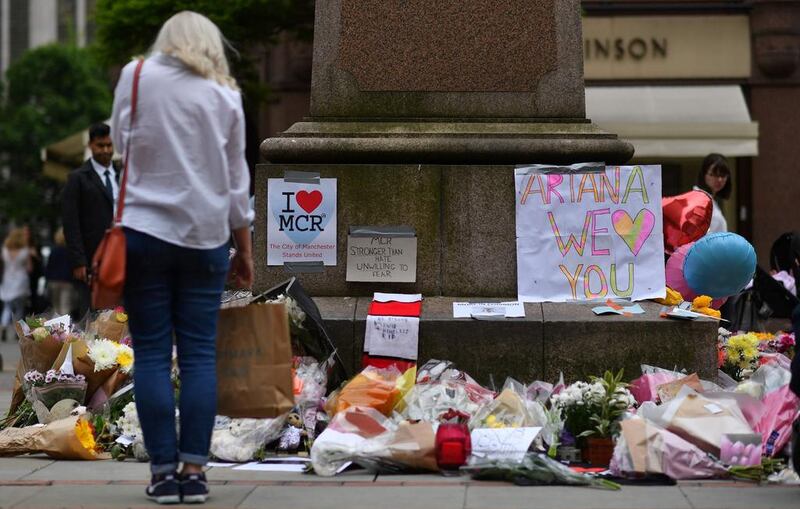Failings by the UK security services before the Manchester Arena atrocity have led to an overhaul in the way the nation deals with terror issues.
In the three years since the attack that killed 22 people at the Ariana Grande concert, authorities have been handed more than 120 reform recommendations to help prevent further attacks.
The independent review launched afterwards in 2017 revealed the attack could have been averted if security officials had responded differently to intelligence about suicide bomber Salman Abedi in the months leading up to it.
The review found that on two separate occasions, the domestic security agency MI5 received information about Abedi but failed to fully appreciate its significance.
Recommendations centred on new procedures, including the Step Change programme, which shared information between different authorities and the private sector.
But there is still a lack of clarity on the impact of the report.
“The Manchester Arena bombing and its deliberate targeting of so many young people deeply scarred the United Kingdom," said Dr Paul Stott, at the Centre on Radicalisation and Terrorism of the Henry Jackson Society.
“How it shifted the country’s response to terrorism is less clear. It took until 2019-2020 before the government began to look again at the issue of terrorist sentencing and the release programmes for those convicted who have served their time.”
Before the attack, the government’s Prevent programme relied on businesses and the public to report concerns about extremist behaviour.
The large number of suspects under surveillance can mean dangerous figures slip through the net.
In November, Neil Basu, head of Counter Terrorism Policing for the National Police Chiefs Council, said 24 terror plots had been thwarted since March 2017, and the UK's counter-terrorism policing team had about 800 investigations at the time.
“With 3,000 or so subjects of interest currently on our radar and more convicted terrorists soon due to be released from prison, we simply cannot watch all of them all the time," said Dean Haydon, senior national co-ordinator of UK Counter Terrorism Policing.
“When my colleagues and I tell you that communities defeat terrorism, it is not just a catchphrase.
"We know from experience that public information and action, including being vigilant, helps to saves lives and leads to the significant arrests detailed in these statistics.”
in 2019, the government banned convicted terrorists from being released early after two incidents in London involving recently released prisoners.
While Abedi had never been convicted there was a link between the bomber and jailed terrorists, heightening fears that prisons were the source of plots.
He visited convicted ISIS recruiter Abdalraouf Abdallah in a UK prison four months before the attack but this failed to send warning signs to the authorities.
“It is conceivable that the Manchester attack, in particular, might have been averted had the cards fallen differently,” said the report’s author, David Anderson QC.
“The shock of these incidents has prompted intensive reflection and a commitment to significant change.”
The security services had flagged Abedi as a potential threat.
He was one of a small group from 20,000 former people of interest across the UK who could have faced closer scrutiny after analysis of data held by British authorities.
In Abedi’s case, a meeting to discuss concerns about him had been due to be held nine days after the terror attack.
Security experts have criticised the government for not implementing tougher sanctions sooner after the lessons of the Manchester attack.
Families of the Manchester terror attack victims still feel more needs to be done.
Figen Murray, the mother of victim Martyn Hett, is campaigning for Martyn’s Law, in which the government would introduce legislation at public venues.
“As the mother of a victim of terror, I don’t have the power to prevent other parents or families having to bury their loved ones like I did," Ms Murray said. "But you do.”
The government pledged to restore 20,000 police officers and has committed to increasing counter-terrorism policing funding by £90 million.
This year, the UK also unveiled new counter-terrorism measures, including lie detector tests, to stop extremists from "gaming" the release system and committing more crimes.
The number of people arrested for terrorism offences in the last three months of 2019 hit a two-year high.








